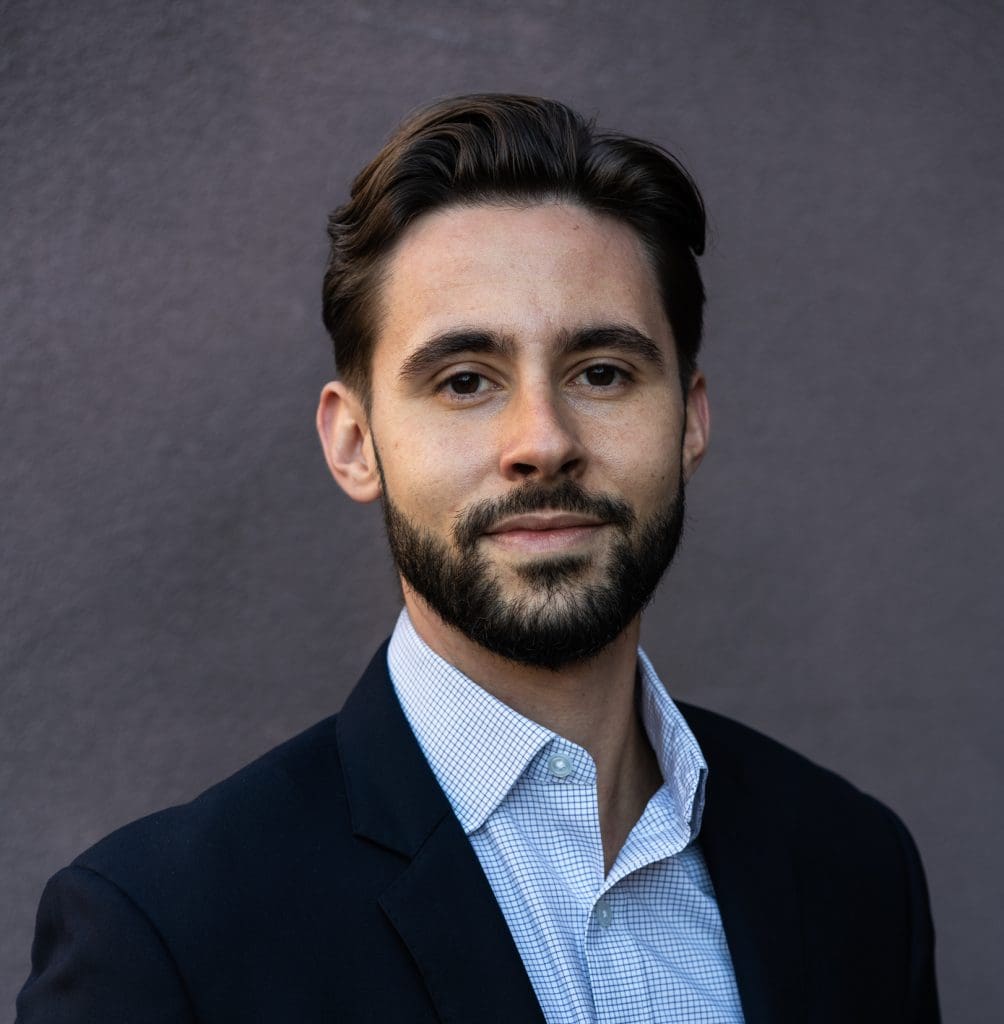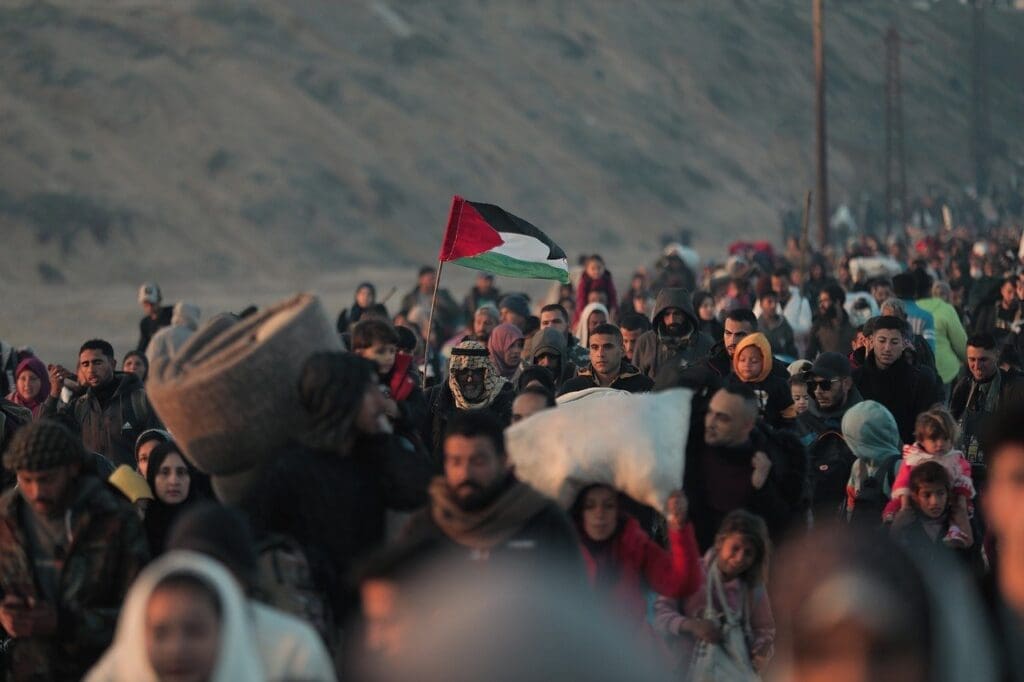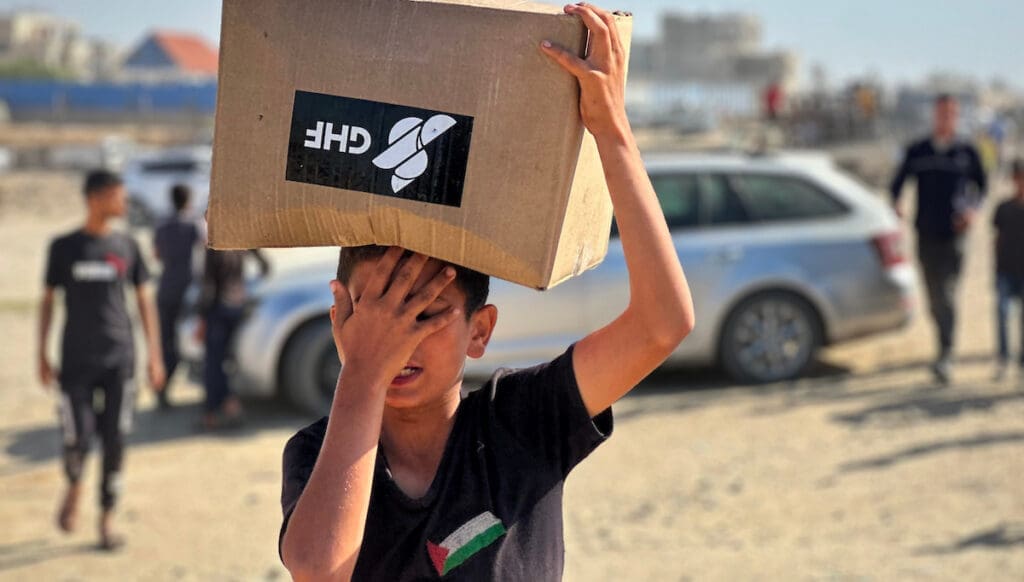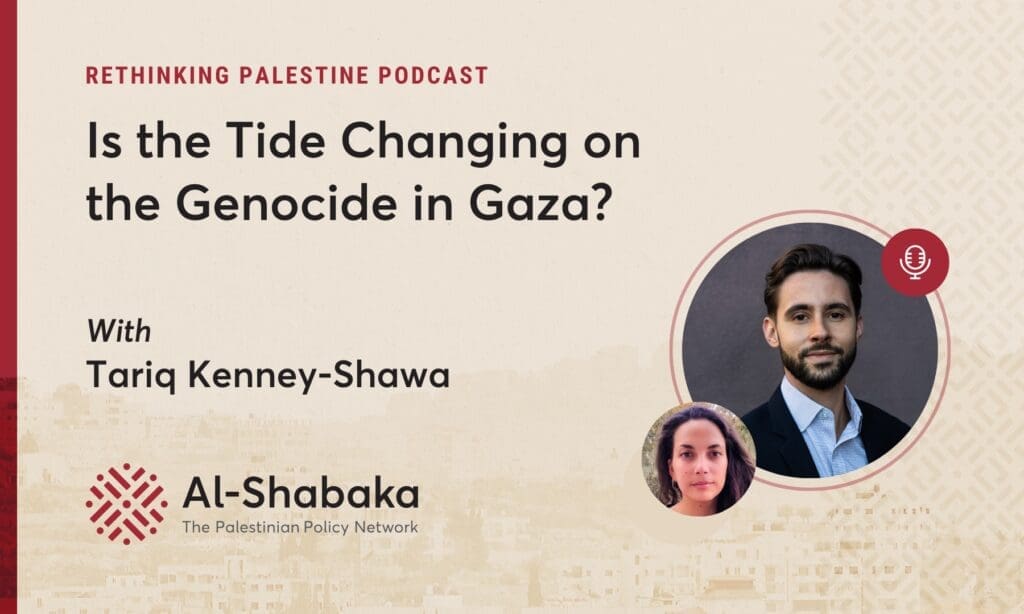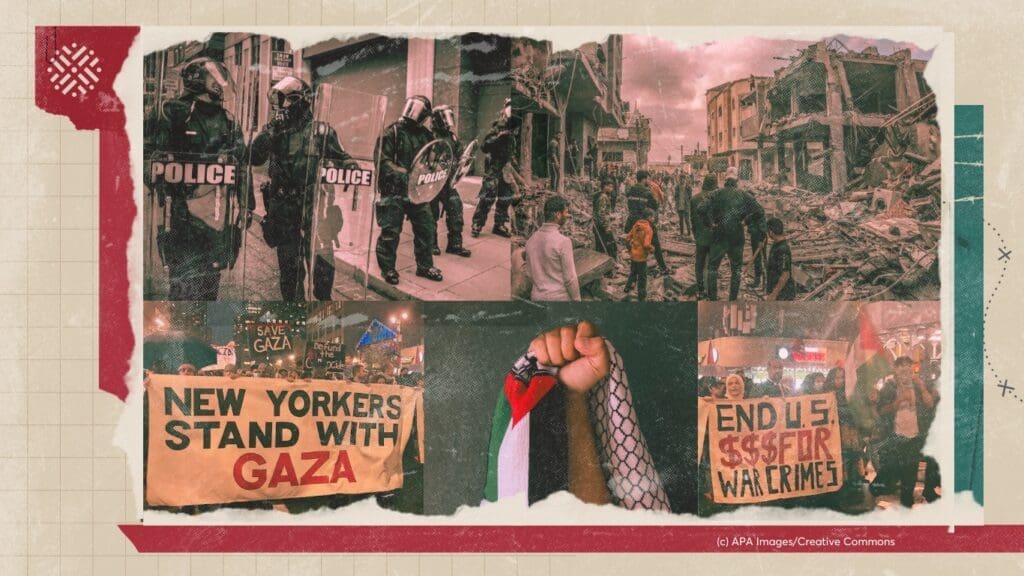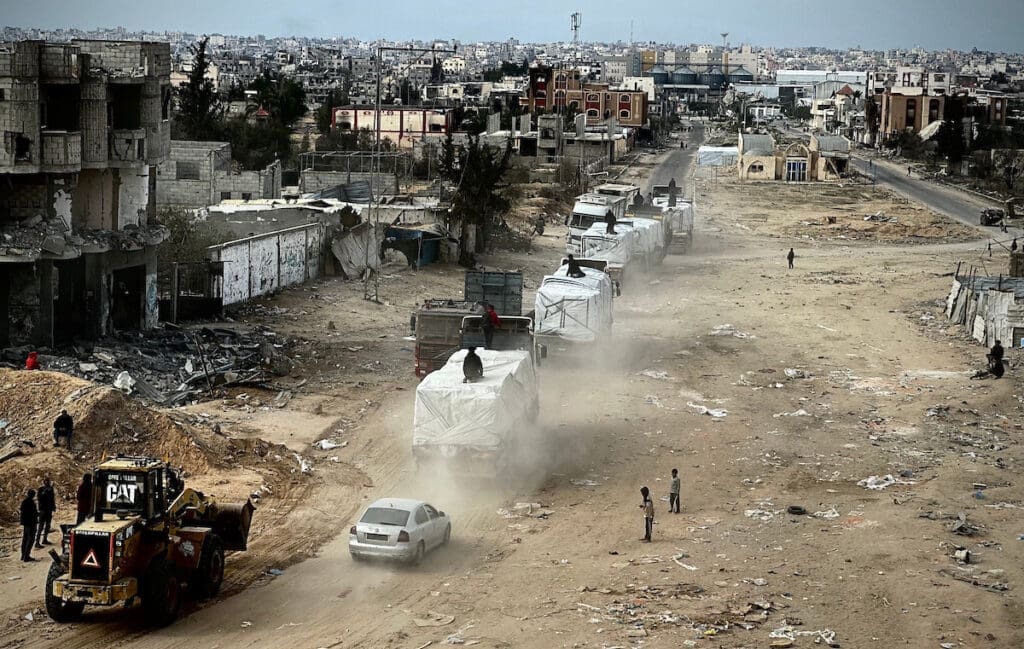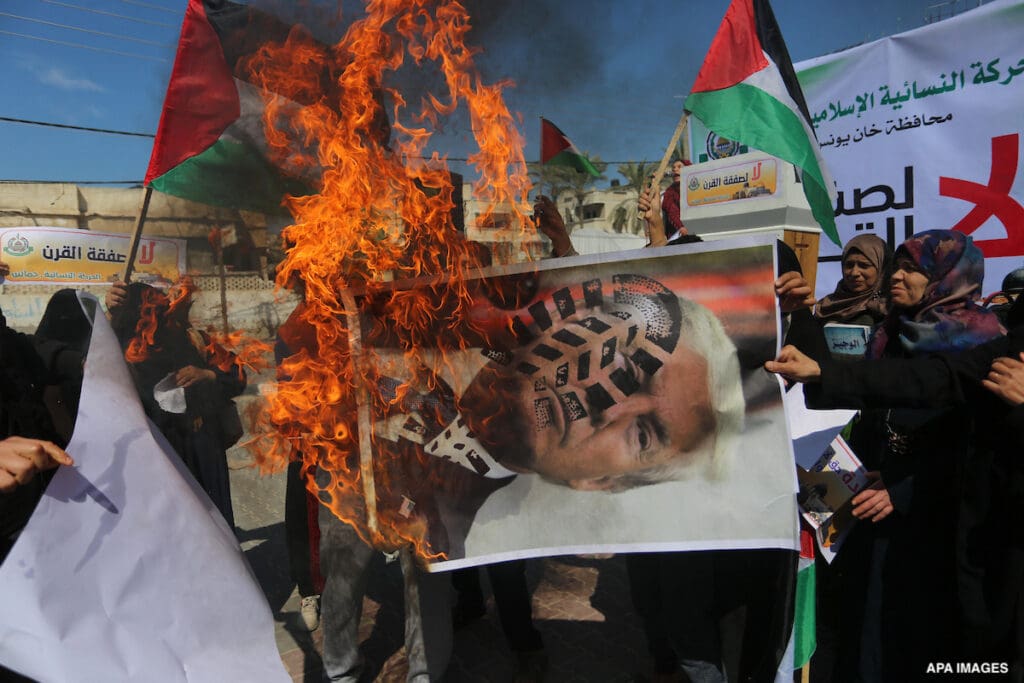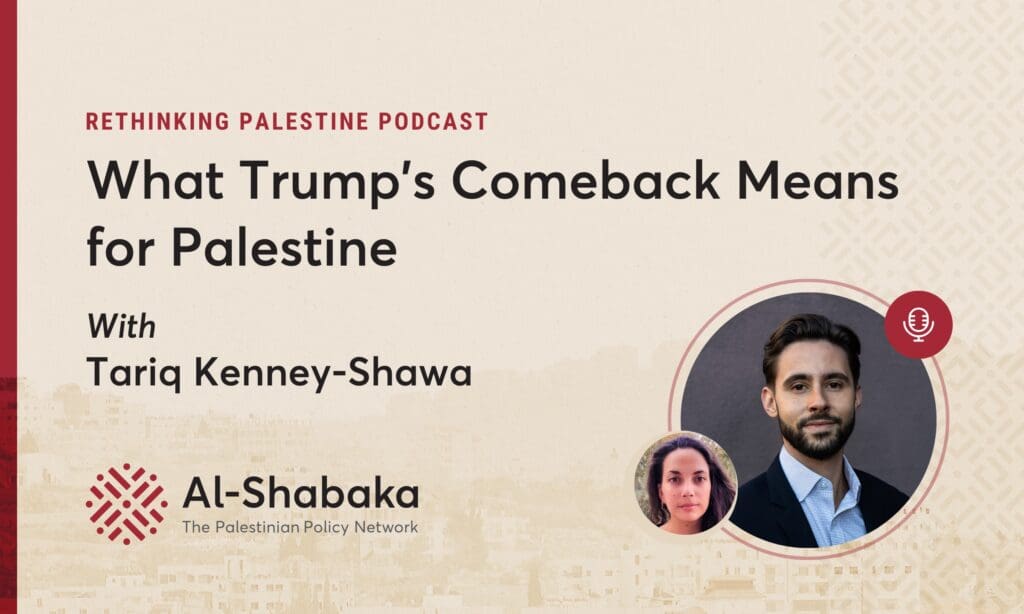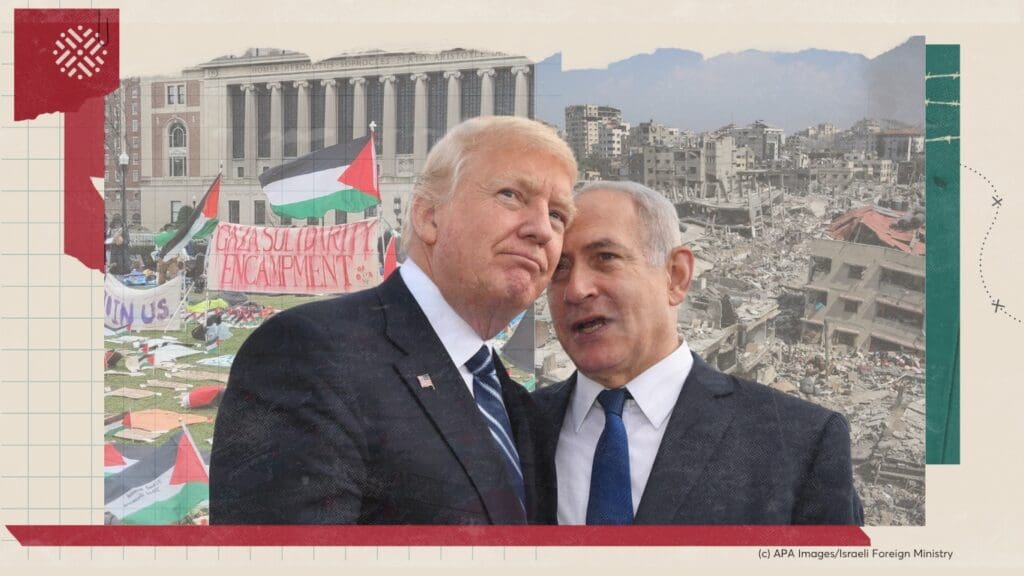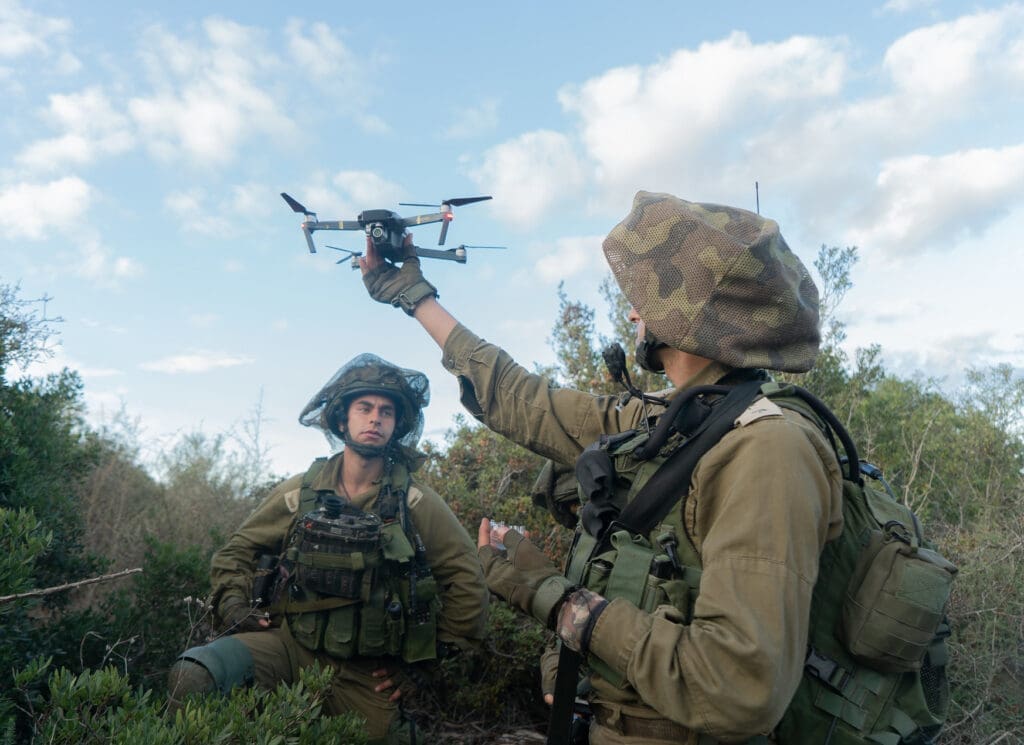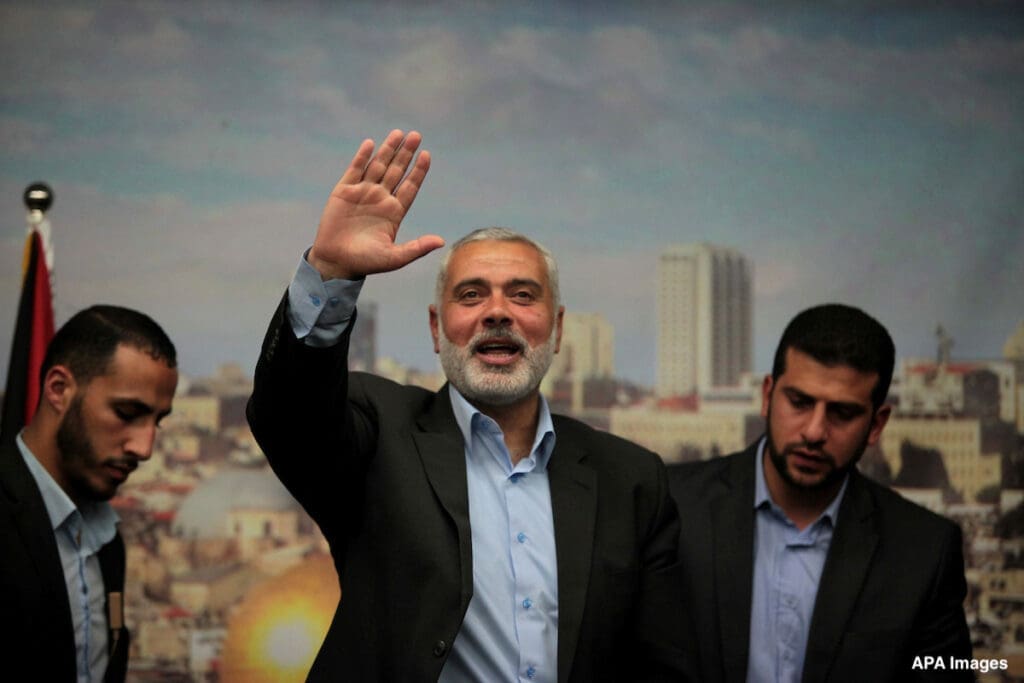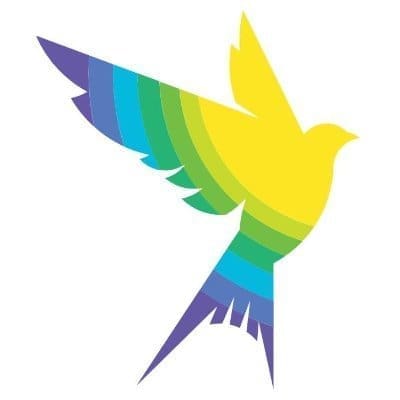Tariq Kenney-Shawa is Al-Shabaka’s US Policy Fellow and co-host of Al-Shabaka’s Policy Lab series. He holds a Masters degree in International Affairs from Columbia University. Tariq’s research and writing have covered a range of topics, from the role of open-source intelligence in exposing Israel’s war crimes to analysis of Palestinian liberation tactics. His writing has appeared in The Los Angeles Times, Foreign Policy, and The Nation, among others. Follow Tariq on Twitter @tksshawa and visit his website at https://www.tkshawa.com/ for more of his writing and photography.
From this author
In this policy lab, Leila Farsakh and Abdaljawad Omar join host Tariq Kenney-Shawa to trace the historical trajectory leading to October 7, examine how Gaza has become both a site of extermination and a catalyst for global rupture, and discuss what comes next for Palestinians.



In March, Israel shattered the ceasefire in Gaza by resuming its bombing campaign at full force and enforcing a total blockade on humanitarian aid—ushering in a new phase of the ongoing genocide. In response to mounting international criticism, the Israeli regime introduced a tightly controlled aid scheme designed not to alleviate suffering, but to obscure its use of starvation as a weapon of collective punishment. Through the so-called Gaza Humanitarian Foundation (GHF), Israel has transformed humanitarian aid into a tool of control, coercion, and forced displacement.
Israeli forces have additionally blocked UN and other aid agencies from accessing over 400 distribution points they once operated throughout Gaza. They consequently forced two million Palestinians to rely on just four GHF sites, most near its southern border in what appears to be a deliberate effort to push mass displacement toward Egypt. Investigations have also revealed how US-based private contractors are actively profiting from the GHF’s deadly operations.
In this policy lab, Yara Asi and Alex Feagans join host Tariq Kenney-Shawa to discuss how the GHF fits into Israel’s genocidal strategy—and to expose the network of individuals and companies profiting from what has been a death trap masquerading as humanitarian assistance.


Al-Shabaka's US policy fellow, Tariq Kenney-Shawa, joins Co-Director Yara Hawari to examine whether mainstream media and political discourses are shifting their stances on the ongoing genocide in Gaza, and what those changes could mean for potential accountability.


One year after Hamas’s Al-Aqsa Flood operation, the Heritage Foundation launched Project Esther—an initiative to suppress Palestinian solidarity under the guise of combating antisemitism. The project relies on censorship, lawfare, and intimidation to dismantle advocacy for Palestinian rights as part of a broader bipartisan crackdown that has onlyintensified under Donald Trump’s administration.
This policy brief situates Project Esther within the escalating assault on free speech and dissent, revealing how the repression of Palestine advocacy serves as a litmus test for US democracy. It also outlines strategies to resist this authoritarian turn and ensure that the fight for Palestinian liberation remains central to the broader struggle for justice and equality.

Tariq Kenney-Shawa· Apr 15, 2025
In this policy lab, Dena Qaddumi and Jehad Abusalim join host Tariq Kenney-Shawa to discuss what the ceasefire in Gaza means for Palestinians and the state of the physical and political landscape that determines what comes next.
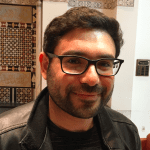


In this policy lab, Halah Ahmad and Andrew Kadi join host Tariq Kenney-Shawa to discuss what the incoming Trump Administration will mean for Palestinians, how it will affect the pro-Palestine solidarity movement in the US, and how to prepare for it.



Al-Shabaka US Policy Fellow Tariq Kenney-Shawa joins the podcast to reflect on the 2024 US presidential election results in the context of ongoing genocide in Gaza and the future of the liberation movement for Palestine.
On November 5, 2024, the US electorate voted Donald J. Trump for a second term in the 60th presidential election. While many aspects of the incoming administration's foreign policy plans remain uncertain, they will undoubtedly continue to have devastating consequences for the Palestinian people.
In this roundtable, Al-Shabaka analysts Tariq Kenney-Shawa, Abdullah Al-Arian, Andrew Kadi, and Hanna Alshaikh offer insights into how Trump will compare to his predecessor, what his presidency will mean for US policy across the Arab region, what lies ahead for Palestine solidarity organizing in the US, and the material impact will be on the ground in Palestine.




+
In our upcoming policy lab, Marwa Fatafta and Antony Loewenstein join host Tariq Kenney-Shawa to discuss Gaza as a testing ground for Israel’s global war industry.


In this roundtable, Al-Shabaka analysts Belal Shobaki, Tariq Kenney-Shawa, and Fathi Nimer offer their insights on the impact of Haniyeh's assassination. They reflect on Hamas's future, the impetus behind the operation, and its wider regional consequences, placing them within the historical context of so-called Israeli diplomacy.










